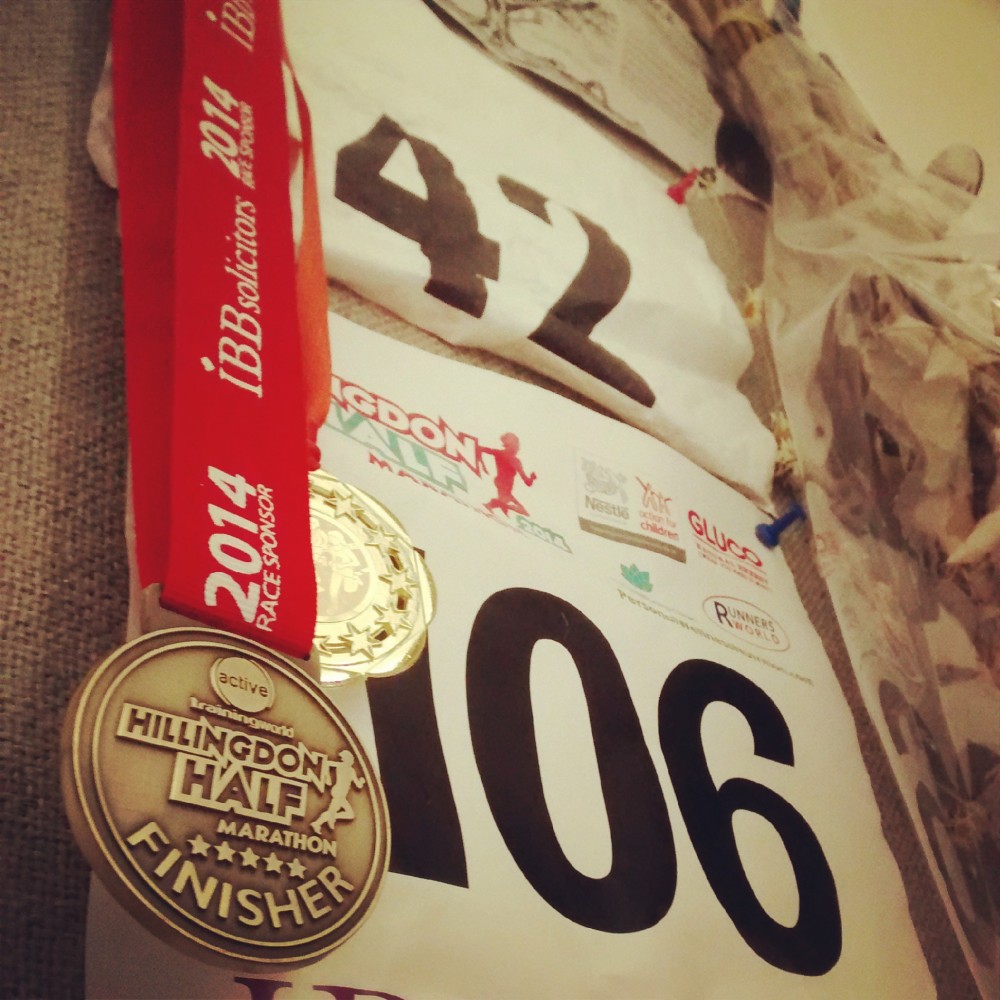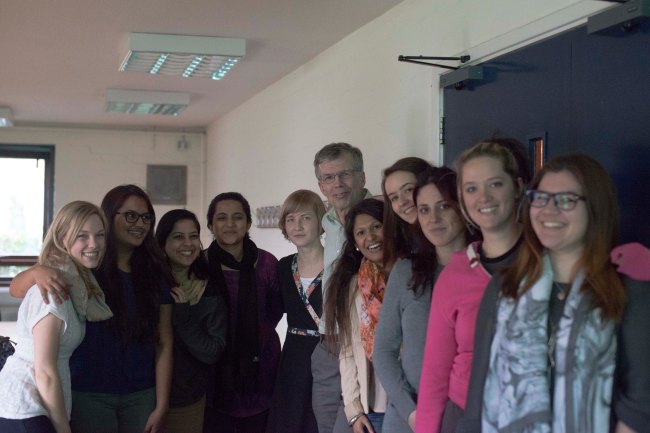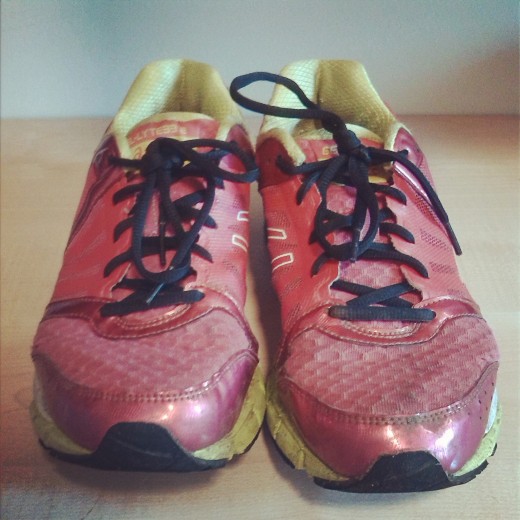This year, a couple of my flatmates and I made it our New Year’s resolution to sign up for the Tromsø Midnight Sun Marathon in Tromsø, Norway. We’ve been training 4+ days a week for 6 weeks now in preparation for the big day. The deeper into the regimen we get, the more I understand that training is not and can not be simply a matter of reaching your running quota for the week. It’s about mentally preparing, getting familiar with endurance, increasing long-term stamina, learning how to pace yourself, rearranging your schedule to adjust, rearranging your diet to adjust- just to name a few.
It could be a matter of projection and opportune timing, but as our training progresses, I’m noticing several similarities between training for this marathon and preparing for dissertation work. The same aspects of your daily routine are affected. Students are attempting to grasp the concept of finishing a 15,000 word assignment that in some what contributes substantial work to their respective fields. As we progress, we’re learning how to break what can appear to be an unattainable goal into more manageable, doable, attainable tasks- much like my flatmates and I have done with our weekly marathon training schedule.
Here are some ways I’ve found it easier to break things down (in both worlds, really):
1. Timing is everything- so manage that sh*t! Being a U.S. student in the U.K. makes this process particularly overwhelming because I’m not yet adjusted to the independent study style of the education system here. One of the most important things I’ve learning in the 6 or so months that I’ve been here is that timing really is everything. Because there’s little to no structure in terms of what and when we should be studying, I’ve found it easier to break it down to a weekly basis. Thus, the infamous agenda- my planner, my daily organiser, my book of sanity without which I could not live. Each Sunday I sit down with this little baby and plan out and familiarise myself with the week ahead. It really helps to mentally prepare for the work to come and to keep me focused.
2. Food for thought is a real thing, yo. The five Y’s of your eating habits can really have an impact on your studying. The brain is a big, fat, super powerful and super active muscle that requires the proper nutrition to function properly. Packing in your daily dose of proteins, vitamins, proper carbs, etc. is a necessity if you want to be able to think clearly and effectively. If you’re tired, fatigued, spacing out more than normal, it could be that those 5 hours you spent cramming in the lab last night scarfing on homemade oreos was mayyyybe not such a good idea (I may or may not be referencing my own experience here…). Check out this super awesome BBC article that goes into more detail about what foods power up your bodacious brain.
3. Social butterfly? Make it a group thang. Most people who know me (or who have taken a 5 minute stroll through campus with me) know that I am amongst the most social of creatures. I am a textbook definition people-person, so interacting people is a daily must- much like a dose of caffeine. For those of you who can feel me on this, you know that independent study can be a challenge and it gets hard to keep perspective on the tasks at hand. Because of this, a few of my classmates and I have started meeting weekly regarding our dissertations to check in with each other, share ideas, and get perspectives on things like methodology and theoretical connections. Creating a consistent study group is helpful for a variety of reasons; it keeps a sense of accountability to your classmates, it gives you some fresh perspective on the sh*t you’re so nose-deep in you can’t read straight anymore, and it satiates your social needs to an extent. It keeps the brain juices flowing. One tip: groups that serve an academic purpose like this are best kept at 4-5 members. Otherwise, the conversation becomes convoluted and ineffective.
4. Break it down like an earthquake. Sometimes, thinking about writing 15,000 words and conducting proper research to do it is an overwhelming goal to think about (and for that matter, running 26.2 miles). It helps to break it down step-by-step. Now I can’t give you specific advice on this because, to be frank, I kind of struggle with this myself- so instead listen to these dudes because they’ve got it down to an art. Overall, breaking down the time that you have, the work you’ll need to do, and how much time you spend doing it each week (targeting specific subjects and areas of work, so you don’t waste time each week trying to figure out what to focus on) will help you manage it on a week-by-week basis, instead of trying to grapple 4 months one day at a time. (Sidenote: this is true for both dissertation-doers and marathon-maniacs!)




